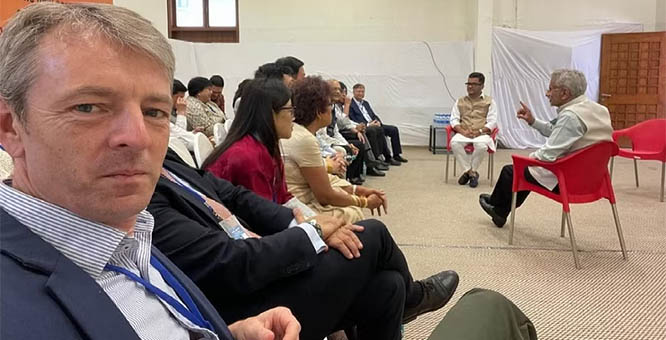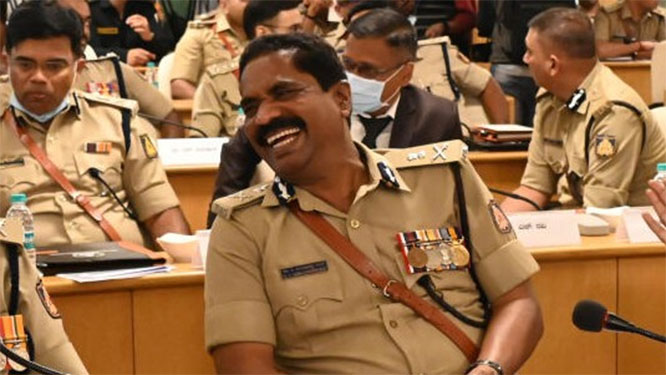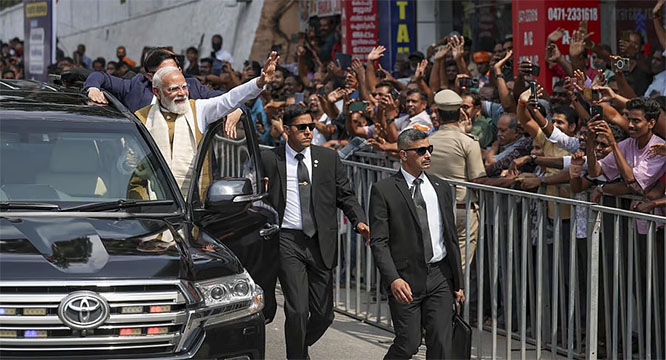
New Delhi: After the Prime Minister Narendra Modi-led union government did not allow the Australian Deputy High Commissioner to meet three West Bengal ministers during his proposed visit to the state, the Trinamool Congress on Wednesday alleged 'federal and fiscal terrorism' on the state as people had defeated the BJP in the state.
Australian Deputy High Commissioner Nicholas McCaffrey was to visit Kolkata and Sunderbans between June 18 and 21. During this visit, he wanted to meet Commerce Minister Shashi Panja, Information Technology and Electronics Minister Babul Supriyo and Agriculture Minister Sovandeb Chattopadhyay.
However, Trinamool Congress said, the Oceania Division of the MEA wrote to the High Commission saying that they do "not recommend" meetings as requested by the Australian side with the ministers.
At the same time, the Oceania Division had "no objection from political angle" in the diplomat meeting BJP MPs Sukanta Majumdar and Dilip Ghosh and Trinamool Congress MPs Derek O'Brien and Jawahar Sircar.
Trinamool Congress sources said the Deputy High Commissioner had not come to Bengal as scheduled and their MPs would not have met him when the ministers were not allowed.
The Australian side had requested for meetings to discuss opportunities for collaboration against the backdrop of India-Australia trade discussions and explore areas of economic interest in West Bengal.
Government sources said that they have allowed the Australian diplomat to meet officials at appropriate level based on the principle of reciprocity. They said the Indian Deputy High Commissioner in Australia is not allowed to meet Australian ministers.
When contacted, an Australian High Commission spokesperson said, "Australia and India are close friends, with strong strategic, economic and community ties. Australian diplomats travel regularly across India to continue strengthening the political, business, cultural and sporting linkages between our two countries. We don’t comment on the specific details of programs when our officials travel."
Attempt to 'spite Bengal'
Setting stage for another round of confrontation, Trinamool Congress Rajya Sabha Deputy Leader Sagarika Ghose said the union government's action was 'completely autocratic' and an attempt to 'spite Bengal'. She said they would strongly raise this 'serious issue', which he described as 'fiscal terrorism', in Parliament after discussing it with I.N.D.I.A. allies.
Addressing a press conference here, Ghose and another MP Saket Gokhale claimed that the federal structure of the state is being destroyed.
"The representatives of the states who want to go abroad are being stopped and the way they are doing this in such a dirty, uncivilised manner is very shameful," Ghose said.
Gokhale described the development as "federal terrorism" while alleging that several diplomats have claimed that they were informally told by the union government that they could get clearance for investments only if they choose Gujarat.







Comments
Add new comment